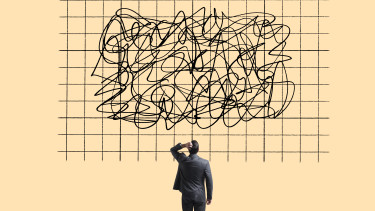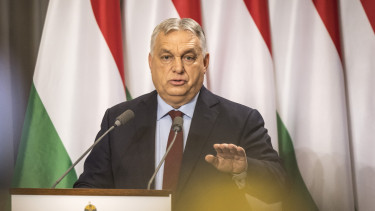European Commission issues guidelines on coronavirus testing

The EC has released guidelines on coronavirus testing methodologies as part of the European Roadmap towards lifting coronavirus containment measures. The guidance aims to support Member States in effectively using testing tools in the context of their national strategies and during the different stages of the pandemic, including when phasing out confinement measures.
In its guidelines, the Commission calls on manufacturers to produce "state of the art" testing kits. Although the science relating to testing is still evolving rapidly, this obligation is important as the information provided by these test kits is used for crucial public health decisions.
Given the importance of tests in the current situation and the rapid development of the pandemic, the Commission is also insisting on pooling resources for the validation of coronavirus tests at EU-level. It is important to centralise the validation and to share the results at EU and international level, the Commission said.
In order to ensure the highest possible testing quality, make sure that tests are correctly used and further align the evaluation and validation of test device performance, the Commission is proposing to launch the following actions in the coming weeks:
- an assessment of common approaches in national strategies;
- the sharing of information on the performance of tests;
- the establishment of a network of coronavirus reference laboratories across the EU to facilitate the exchange of information, and the management and distribution of control samples;
- the drafting of further guidance on performance evaluation and conformity assessment following additional dialogue with the industry and national competent authorities;
- making available tools for assessment of performance, such as reference materials and common methods for the comparison of devices;
- the fight against counterfeit devices through international cooperation and cooperation between Member States' authorities;
- the coordination of supply and demand by EU instruments such as the Clearing House, rescEU and joint procurement;
- solidarity between Member States by ensuring a fair distribution of available stocks and laboratory equipment focussing on where they are most needed.






